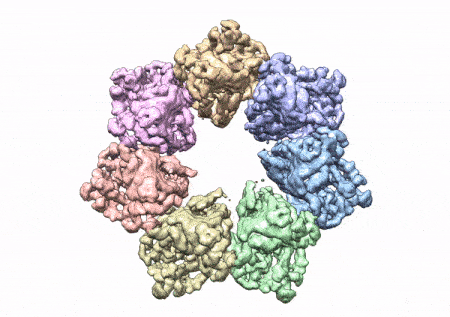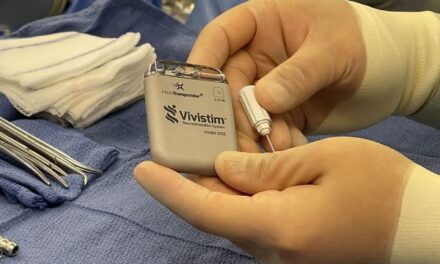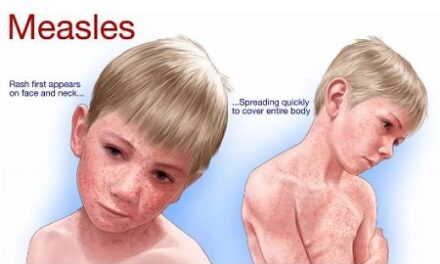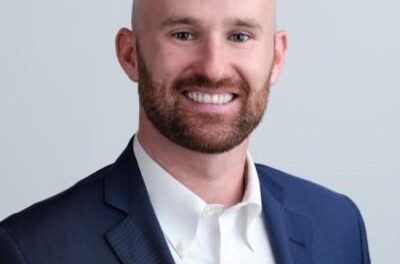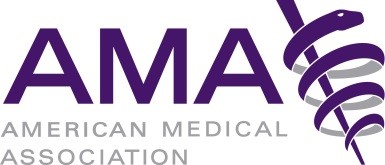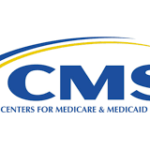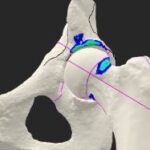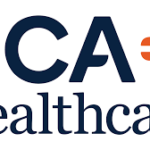March 3, 2021 – To many, forgetfulness may seem a normal aspect of aging, but at what point does memory loss become a warning sign for Alzheimer’s or another dementia? On March 13, the Alzheimer’s Association will address this topic with a virtual program titled “I’m Having Trouble with My Memory, What Now?”
Attendees of the free, virtual program will learn about the differences between normal aging, Alzheimer’s disease and other forms of dementia, as well as the stages and risk factors of Alzheimer’s and the resources available to those facing the disease.
“Although memory loss could represent the beginning of dementia, not all cases of dementia are Alzheimer’s disease,” said guest speaker Dr. James Galvin, professor of neurology and psychiatry and behavioral sciences at the University of Miami Miller School of Medicine. “It is important to understand the different causes of cognitive impairment and dementia so that a plan can be developed to address symptoms, complaints and what can be done.”
Another featured guest speaker of the program will be Dr. Arif Dalvi, director of both the St. Mary’s Medical Center Memory Disorders Center and the Comprehensive Movement Disorders Program at Palm Beach Neuroscience Institute.
“A stitch in time saves nine,” Dalvi noted. “When you feel your memory start to fade, seek an evaluation by a neurologist. An early and proactive approach can identify risk factors, begin preventive measures and institute appropriate treatments to keep your memory at its best.”
According to the Alzheimer’s Association, more than 6 million Americans are living with Alzheimer’s disease, and by 2050, that number is projected to rise to nearly 13 million. Florida has the second-highest prevalence of the disease in the nation, with more than 580,000 residents currently battling the disease.
Sponsored in part by the Florida Department of Elder Affairs and the Pasco-Pinellas Area Agency on Aging, “I’m Having Trouble with My Memory, What Now?” will begin at 10:30 a.m. on March 13. Visit www.bit.ly/AlzMemory to register, or call the Alzheimer’s Association 24/7 Helpline at (800) 272-3900.
Alzheimer’s Association®
The Alzheimer’s Association is a worldwide voluntary health organization dedicated to Alzheimer’s care, support and research. Our mission is to lead the way to end Alzheimer’s and all other dementia – by accelerating global research, driving risk reduction and early detection, and maximizing quality care and support. Our vision is a world without Alzheimer’s and all other dementia. Visit alz.org or call (800) 272-3900.



